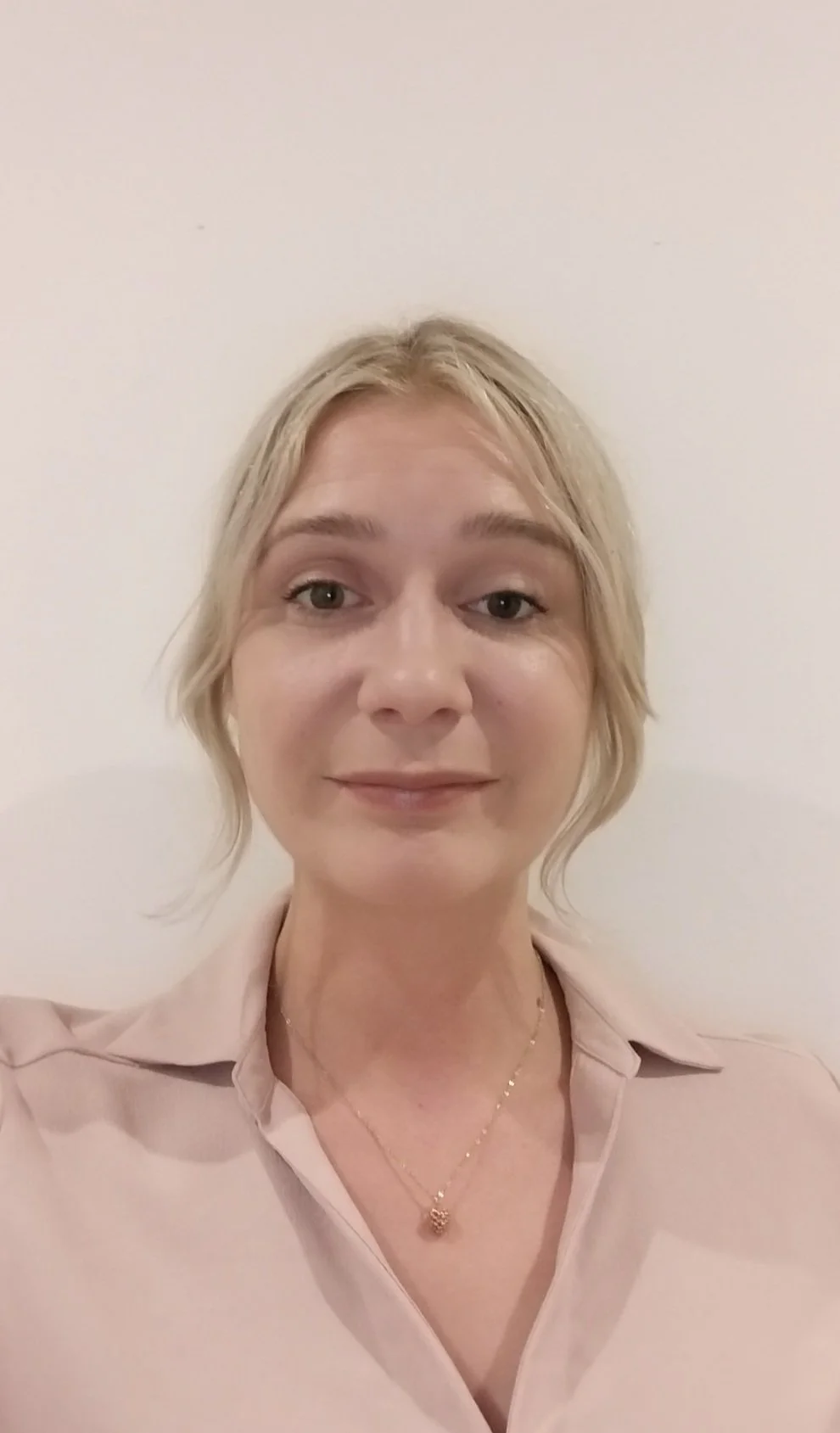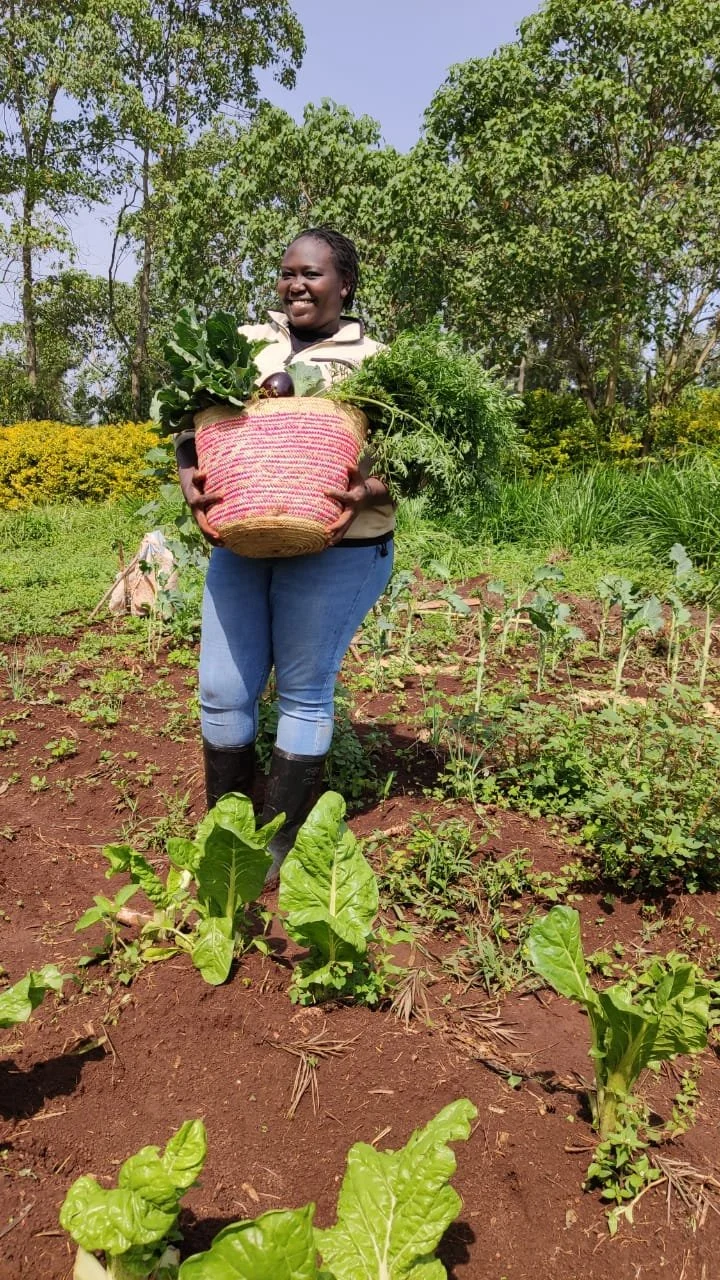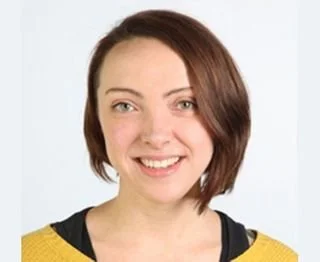Healthy Trinity
Visit the ‘Healthy Trinity’ stand - in the Research Village on 26th September - to meet with researchers working a wide variety of topics ranging from the impact of how we move through our cities, our health, sustainable agriculture, food systems, to air quality.
Sanela Begic, First Year, Phd School of Medicine candidate, Department of Physiotherapy, St. James, Hospital
How we move through our city impacts our health, and our independence. My research explores the connection between transport and physical activity. As a starting point, I have investigated how college students travel daily and how these choices affect their physical activity levels.
We know that one aspect of movement is muscle strength, and that healthy body composition boosts mobility. Visit us to test yours! Attendees can also learn more about the transport training centre specified for people with disabilities and contribute to our wall of ideas.
Sanela Begic is a first year PhD student in the department of Physiotherapy, supervised by Dr Cuisle Forde, Assistant Professor in the Discipline of Physiotherapy, Trinity College Dublin. Sanela is funded by the Trinity Research Doctorate Award (TRDA).
Diego Dylan Bianchi, Final Year, Phd in Botany candidate, School of Natural Science
Diego’s research focuses on isolating beneficial fungal endophytes from wild grasses and evaluating their potential to enhance barley growth under nutrient stress and abiotic stress conditions. He also investigates their ability to protect crops against major fungal pathogens such as Net‑blotch, Take‑all, and Ramularia. Diego manages a large biobank of fungal isolates and designs both lab and field trials to identify promising biofertilisers and biopesticides. His work aims to support more sustainable agriculture by reducing the reliance on chemical inputs.
Diego is supervised by Prof Trevor Hodkinson and Brian Murphy on a DAFM funded project called BioCrop. A project investigating biostimulants and biopesticides for crop production.
Winnie Yegon, 1st year PhD in Geography candidate, School of Natural sciences
Winnie’s research will look at underlying foundational factors and drivers that shape priorities of the food systems in relation to food loss and waste generation and prevention, with a focus on exploring the role and impact of food sharing initiatives on food loss and waste and how this contributes to the broader food system sustainability goals.
Winnie Yegon is undertaking research on food sharing initiatives impacts to addressing food loss and waste for more sustainable food systems in Ireland with funding from the Biorbic Research Ireland Centre for Bioeconomy. Winnie is supervised by Prof. Anna Davies, Geography.
Hyunji Cho, Postdoctoral Researcher, Geography, School of Education
Dr. Hyunji Cho is a Research Fellow in Geography, working on the CULTIVATE EU project, where she leads the AI-driven Food Sharing Mapping. She was awarded her PhD at the Bartlett School of Planning, University College London, focusing on ethnic minority participation in urban planning. Her current research explores just food transitions, with particular attention to alternative data methods that recognise community knowledge and practices.
Dr Cho works with Prof. Anna Davies on EU Horizon 2020 projects, focusing on mapping and analysing food sharing initiatives. Her interdisciplinary work includes developing automated data systems and investigating the social implications of urban data use.
Kamila Kwasniewska, Research Fellow, Botany, School of Natural Science
Kamila is the project manager for the ERC-funded TERRAFORM project, where she coordinates and oversees every detail to ensure that students and staff can seamlessly carry out their research. As a Postdoctoral Researcher on the project, she is currently leading a small-scale day-length study using controlled plant growth chambers. Kamila also serves as an occasional lecturer for two Botany modules: Plant Molecular Biology and Plant Breeding & Biotechnology. She holds a Bachelor’s degree in Microbiology and a Master’s degree in Botany from the University of Wroclaw, Poland. In 2011, she moved to Ireland to join the Plant Developmental Genetics Laboratory at Trinity College Dublin, the University of Dublin as a research assistant.
Simultaneously, she pursued external studies in Molecular Biology at the Jagiellonian University in Poland. In 2012, Kamila began her PhD at Trinity’s Smurfit Institute under Prof. Wellmer, where she explored the novel functions of a transcription factor involved in terminating floral meristem activity in Arabidopsis thaliana. After earning her PhD in Plant Developmental Genetics in 2017, Kamila undertook a Postdoctoral position within the ERC Proof of Concept program led by Prof. McElwain. During this project, she developed and commercialized the first plant-based sensor kit for standardizing and calibrating controlled environment chambers. She also designed and implemented the Tephra Bag Citizen Science Experiment as part of a research commercialization initiative with iCRAG. This project introduced a “volcanic ash teabag kit,” which allowed school students to conduct pilot experiments. The initiative aimed to collect data on the chemical weathering of volcanic ash as a potential negative carbon emission technology, engage the public, and educate citizens about reducing atmospheric carbon dioxide.
Current Research:
Her current research project funded by the Arts Council Ireland is an art-science collaboration, focusing on the fascinating world of lichens as indicators of air quality. The project will explore how art can attune our attention to subtle changes in our environment and can cultivate observations, instincts and insights developed through our unique position within the natural world, and how these can complement scientific understandings of climate change and biodiversity crisis.





